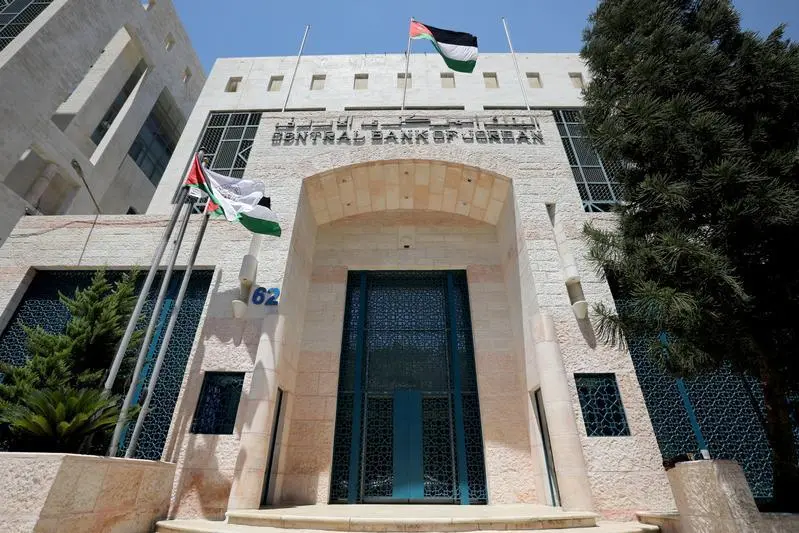PHOTO
AMMAN — The government and the Central Bank of Jordan, together with the International Monetary Fund (IMF) reached a staff-level agreement on the completion of the first review of the economic reform programme under the Extended Fund Facility (EFF), Finance Minister Mohammad Al Ississ announced on Thursday.
The briefing reviewed the completion of all structural requirements, financial as well as monetary objectives that reflect the stability and constancy of Jordanian-led fiscal policies.
“This constitutes a positive and central launching point for the completion of a Jordanian fiscal and monetary reform programme,” Al-Ississ said.
He added that the programme was implemented by “Jordanian hands” with support from the IMF, and it seeks to enhance middle class resilience in the country, in addition to consolidating the social protection network of underprivileged strata, through moving away from raising the tax load.
The minister also stressed that this achievement comes amid difficult regional circumstances caused primarily by Israeli aggression in the besieged Gaza Strip and the West Bank.
According to the IMF, Jordan’s economic programme, approved in January 2024, “is off to a strong start”. Whereas all quantitative performance and structural criteria were met, with steady progress being recorded in overall programme objectives, despite the challenging conditions in the region.
For his part, Governor of the Central Bank of Jordan (CBJ) Adel Sharkas said, “the completion of the first review of the authorities’ economic reform programme in time, confirms the sustained commitment towards the achievement of fiscal and monetary reforms”.
This represents a continuation of structural reforms that support the overall economic growth, according to Sharkas who said that despite the surrounding challenges, the Jordanian economy has shown a consistent and resilient stance, following efficient and targeted policies.
Sharkas noted that inflation stabilised at a 1.7 per cent during the first quarter of 2024, decreasing from a 4.2 percentage in 2022. “This indicates the ability to contain the inflationary pressures while maintaining steady economic performance.” Sharkas explained.
As a result, the IMF has modified its forecast relating to inflation rates in Jordan this year, bringing it to 2.1 per cent,
Head of the International Monetary Fund (IMF) mission to Jordan, Ron Van Rooden said that “Jordan’s economic performance has continued to be strong, building on the success of the previous programme and reflecting sound macro-economic policies”.
He said that the country’s economy is proving to be resilient, with economic growth having reached 2.6 per cent in 2023, despite the lower activity in the fourth quarter of the year following the onset of the Gaza war.
He pointed out that “the current account deficit narrowed considerably, to less than 4 per cent of GDP in 2023, and gross usable international reserves increased to over $17 billion”.
Rooden also reflected CBJ’s firm commitment to monetary stability, after it raised its policy rates in tandem with the US Federal Reserve. Adding that the Kingdom’s banking system remains “liquid, profitable, and well-capitalised”.
© Copyright The Jordan Times. All rights reserved. Provided by SyndiGate Media Inc. (Syndigate.info).





















